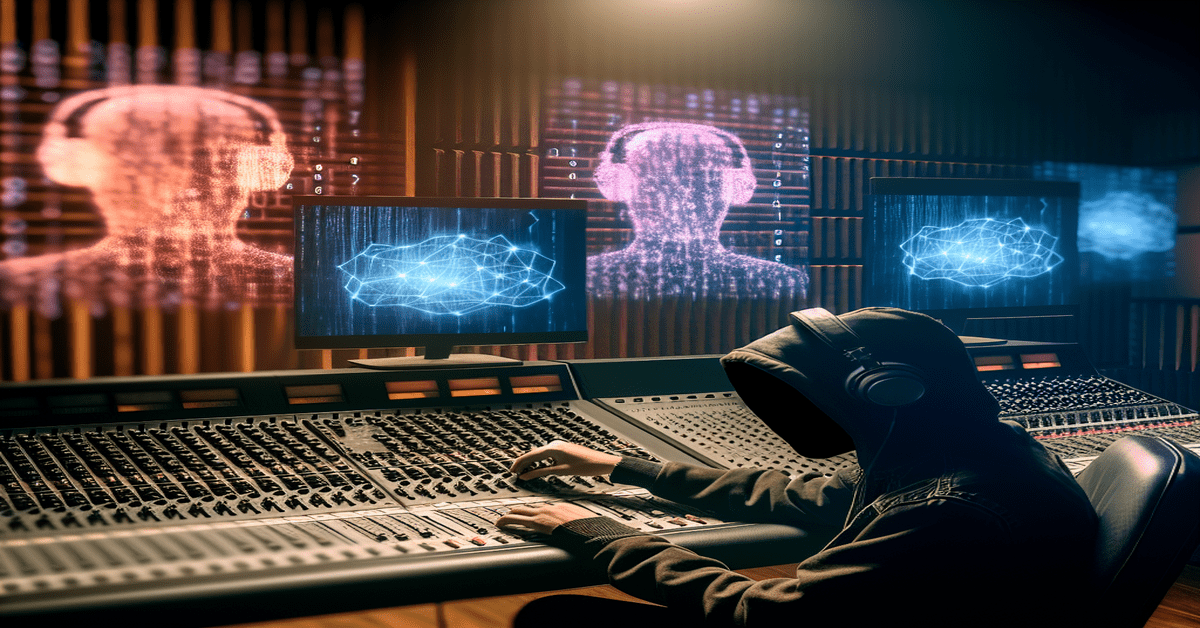Paul McCartney’s Clarion Call: Protecting Artist Rights in the Era of AI
In a recent article from Deadline, legendary musician Paul McCartney has stepped into the spotlight, not for his music, but for his fervent advocacy against the exploitation of artists by artificial intelligence (AI) and other technological advancements. As the creative industry grapples with the rapid rise of AI, McCartney’s voice rings out as a clarion call, urging for the protection of artists’ rights and fair compensation in this brave new world.
The AI Revolution: A Double-Edged Sword
The advent of AI has undeniably revolutionized the creative landscape, offering unprecedented possibilities for innovation and exploration. From AI-generated music compositions to machine learning algorithms that can mimic an artist’s style, the technology has opened up a world of opportunities. However, as McCartney points out, this revolution comes with a dark underbelly.
While AI generates significant revenue for tech companies and platforms, the money is not necessarily trickling down to the original creators or artists whose work is being used or emulated. This raises serious concerns about the financial well-being of artists in an AI-driven industry. As McCartney states, “We’ve got to look at the money side of it. Without that, it’s going to be a very different world.”
The Need for Regulation and Protection
At the heart of McCartney’s advocacy lies a pressing need for stronger regulations and protections to ensure that artists are fairly compensated and credited when their work is used in conjunction with AI. In an era where algorithms can analyze and replicate an artist’s style, it becomes increasingly difficult to distinguish between original creations and AI-generated imitations.
Without proper legal frameworks in place, artists risk losing control over their intellectual property and creative output. As McCartney warns, “The last thing you want is for a computer to analyze your work and then use it to create something that sounds like you.” This sentiment echoes the concerns of many artists who fear that their unique voices and styles may be diluted or exploited by AI without proper recognition or remuneration.
Balancing Innovation and Artist Welfare
While McCartney’s stance may seem like a rejection of technological progress, it is, in fact, a call for balance. He recognizes the immense potential of AI in pushing the boundaries of creativity and opening up new avenues for artistic expression. However, he also understands that innovation should not come at the cost of artist welfare.
As the industry navigates this uncharted territory, it is crucial to foster a dialogue between artists, technologists, and policymakers. By working together, we can create a framework that encourages innovation while protecting the rights and livelihoods of artists. This may involve developing new models for revenue sharing, establishing clear guidelines for attribution and licensing, and ensuring transparency in the use of AI-generated content.
The Future of Creativity in the Age of AI
McCartney’s advocacy also raises broader questions about the future of creativity in the age of AI. As machines become increasingly adept at mimicking human artistry, we must grapple with the philosophical and ethical implications of this shift. Will AI-generated art be valued in the same way as human-created works? How do we preserve the authenticity and emotional depth that comes from human experience and expression?
These are complex questions that require ongoing discussion and exploration. While AI has the potential to augment and inspire human creativity, it is essential that we do not lose sight of the inherent value of human artistry. As McCartney reminds us, “We’ve got to have a human element in there. We’ve got to have something that is real, that is from the heart.”
A Call to Action
Paul McCartney’s advocacy serves as a powerful reminder of the need to prioritize artist rights in the era of AI. As the creative industry stands at a crossroads, it is up to us to shape the future in a way that benefits both artists and society as a whole. We must engage in meaningful discussions, push for necessary regulations, and work towards a future where technology and human creativity can coexist harmoniously.
Let us heed McCartney’s call and stand together in support of artists’ rights. By valuing and protecting the contributions of creators, we can ensure that the age of AI is not marked by exploitation, but rather by a flourishing of creativity, innovation, and human expression. The future of art depends on the choices we make today, and it is up to us to make them wisely.
#ArtistRights #AIEthics #CreativityInTheAgeOfAI
-> Original article and inspiration provided by Tom Tapp
-> Connect with one of our AI Strategists today at Opahl Technologies


